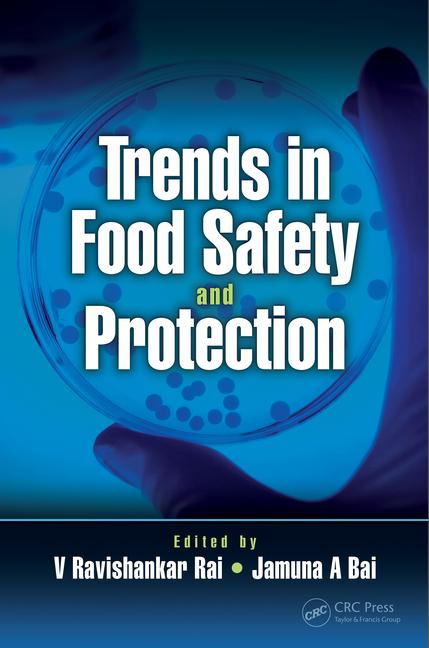Foodborne Pathogen Campylobacter jejuni can Accelerate Colon Cancer Spread, Study Shows

Image credit: Kjpargeter via Freepik
University of Florida (UF) researchers have discovered that the health consequences of Campylobacter jejuni infection may be more serious than a case of gastrointestinal distress—according to a new study, it can accelerate the spread of colon cancer to parts of the body beyond the gut.
The project was led by Zhen He, M.D. as part of postdoctoral research, overseen by Christian Jobin, Ph.D., the Gatorade Distinguished Professor of Medicine in the UF College of Medicine. Raad Gharaibeh, Ph.D., Research Associate Professor in the Division of Gastroenterology, Hepatology, and Nutrition in the UF College of Medicine and Director of Microbial Genomics at the UF Health Cancer Center, also co-authored the study.
Campylobacter is an important foodborne pathogen and is most known for contaminating poultry. For example, according to the most recent EU One Health zoonoses report, Campylobacter was the most common zoonotic disease recorded in 2022, and chicken meat was the most significant vehicle of infection. According to UF, in the U.S., C. jejuni causes more than two million cases of enteric disease each year.
Intestinal microbiota is known to affect human health, including an influence on the development and progression of different cancers, such as colorectal cancer. To better understand the effect of bacteria on the spread of cancer, the researchers compared the presence of C. jejuni in the tissues of 34 patients with metastasized colon cancer against the tissues of 37 patients whose cancer did not spread, within a three-year period.
The researchers found a significant difference in the presence of C. jejuni in the tissues of patients whose cancer had metastasized versus those whose cancer had not spread beyond the gut. Patients with detectable levels of the pathogen had poorer prognoses for their cancers than those who did not have C. jejuni. These findings were confirmed against large national datasets of tumor samples.
To explore how C. jejuni may contribute to the spread of colon cancer, the researchers conducted additional experiments, including mice trials, tests with human colorectal cancer tissue, and 3D modeling using patient cells. Results showed that the CDT toxin produced by C. jejuni promotes metastasis by increasing the expression of different enzymes and activating relevant signals in cancer cells.
Additionally, although further research is required to understand the phenomenon, the researchers recovered live C. jejuni from tumors outside the gut, suggesting that tumors may foster an environment that promotes the bacteria’s growth.
The UF study’s findings could inform the development of early colon cancer detection tools and help identify patients who need more intense treatments, as well as guide new therapies to disrupt cell-signaling pathways that lead to metastasis.Looking for a reprint of this article?
From high-res PDFs to custom plaques, order your copy today!









